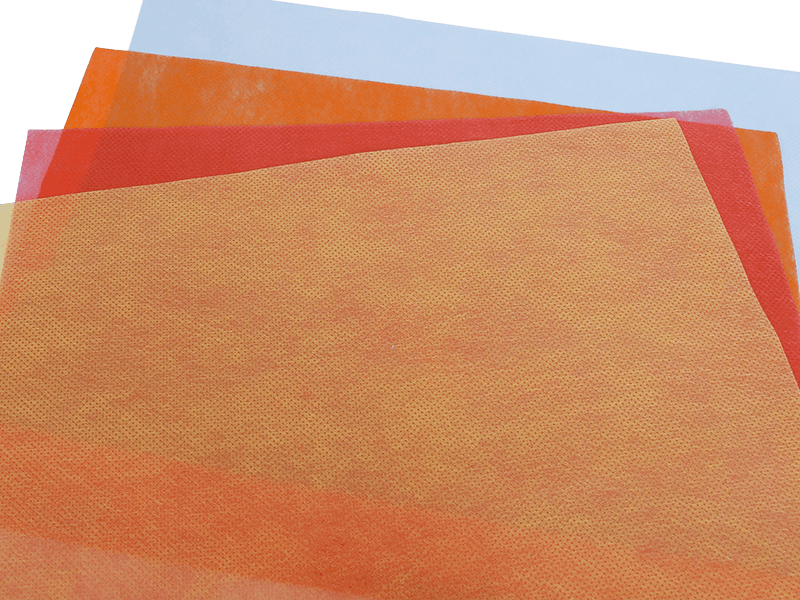PP (polypropylene) nonwoven fabric plays a significant role in various aspects of agriculture due to its unique properties. Here are some of the key roles of PP nonwoven fabric in agriculture:
Crop Protection:
PP nonwoven fabric is used as a protective covering for crops to shield them from adverse weather conditions such as frost, hail, and excessive sunlight. These fabrics create a microclimate around the plants, helping to regulate temperature and humidity.
Weed Control: Nonwoven geotextiles made from PP are often used as a weed barrier in agricultural fields. They prevent the growth of weeds by blocking sunlight and suppressing weed germination, thus reducing the need for herbicides.
Soil Erosion Control: PP nonwoven geotextiles are used to prevent soil erosion on slopes and in areas prone to runoff. They stabilize the soil and prevent sediment from being washed away, maintaining soil structure and fertility.
Mulching: PP nonwoven fabric is used as a mulching material to cover the soil around plants. This helps retain soil moisture, suppress weed growth, and regulate soil temperature, improving overall plant health.
Nursery and Seedling Growth: Nonwoven fabrics are used in nurseries for seedling growth. They provide protection from pests, regulate moisture levels, and create an ideal environment for seedling development.

Frost Protection: Nonwoven fabrics can be laid over crops to provide frost protection. They act as a barrier that traps heat close to the ground, preventing frost damage to sensitive plants.
Fruit and Crop Bagging: PP nonwoven fabrics are used to make fruit bags that protect fruits from pests, insects, and diseases. They allow air and light to pass through while creating a barrier against external threats.
Hydroponics and Vertical Farming: Nonwoven fabrics can be used as a substrate for hydroponic systems, providing support to plants and allowing roots to access water and nutrients. They are also used in vertical farming setups.
Greenhouse and Shade Nets: Nonwoven fabrics are used to create shade nets and screens in greenhouses. They regulate light levels, temperature, and humidity, creating optimal growing conditions for plants.
Drip Irrigation Systems: PP nonwoven fabrics are used in drip irrigation systems to filter out sediment and impurities from irrigation water, preventing clogs and ensuring the efficient distribution of water.
Root Protection: Nonwoven fabrics can be used to protect tree roots during transplantation and landscaping projects. They prevent root damage and help retain moisture around the root zone.
Composting: PP nonwoven fabrics can be used to create compost bags, allowing for controlled decomposition of organic materials and easier handling of compost.
PP nonwoven fabric contributes to sustainable agriculture by improving crop yield, conserving water, reducing the use of chemicals, and providing protection against environmental factors. Its versatility makes it a valuable tool for modern farming practices.


